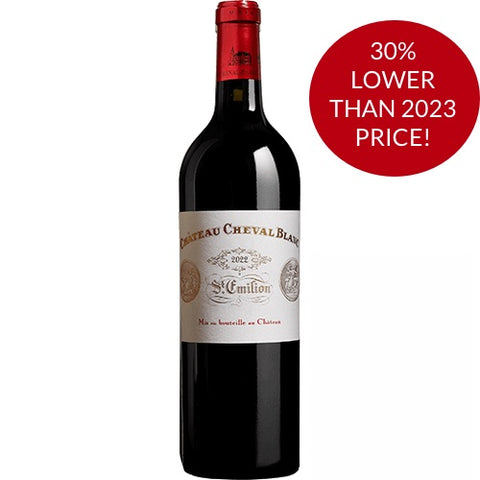Subscribe & Save on your favourites
Your favourite wines: Fill a 3, 6, or 12 bottle case with your choice of wines.
Your perfect schedule: delivered monthly, bi-monthly, or quarterly with up to a 15% saving!
Enjoy the freedom to skip a shipment, swap out bottles or even cancel anytime – it's all about your preferences.


























